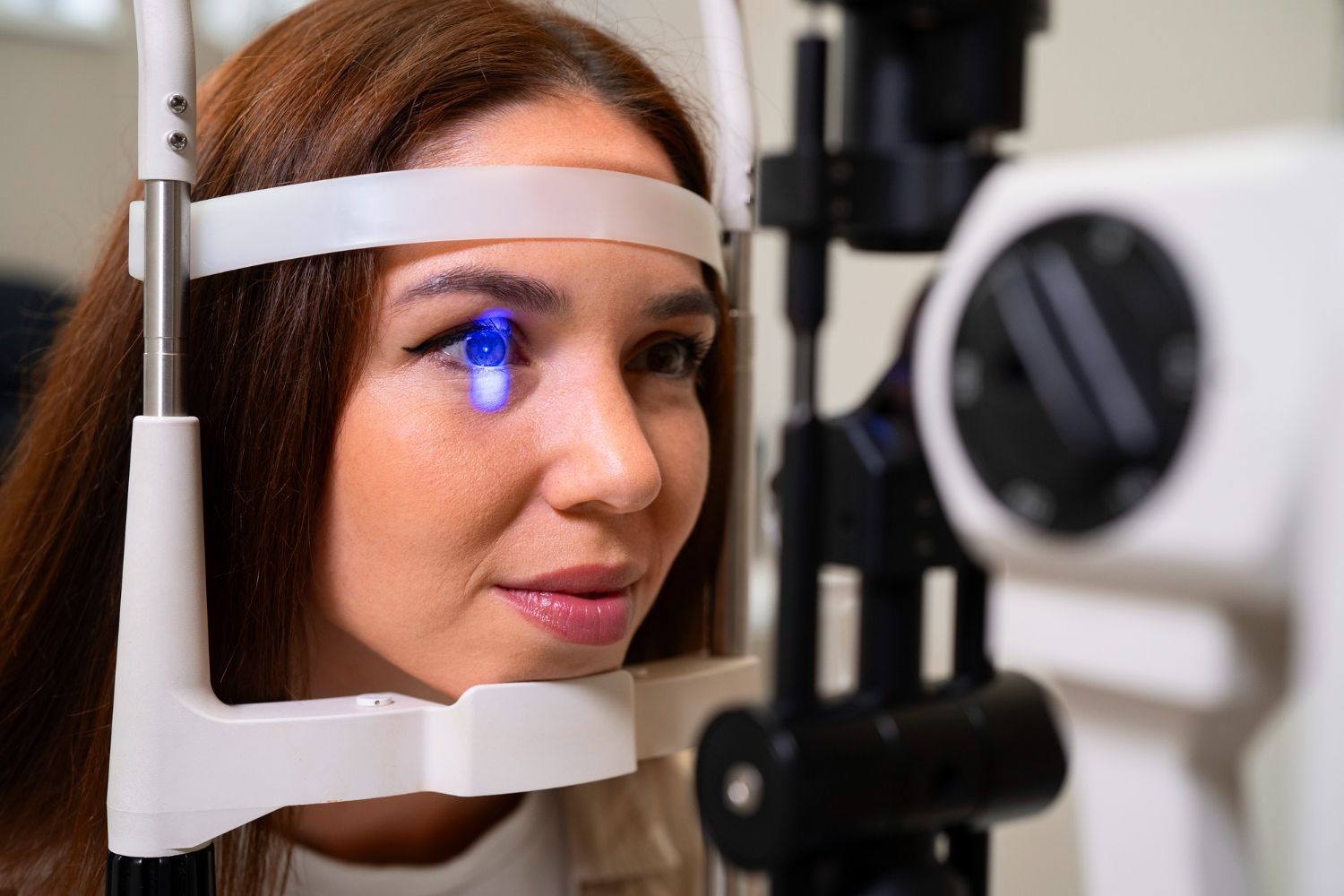Preparing for LASIK: Steps to Take for a Smooth Procedure

Are you considering LASIK eye surgery in Dubai ? You’re probably excited about the prospect of a clearer vision, but before you dive in, it’s important to understand the key steps involved in preparing for the procedure.
Thorough preparation can help ensure a smooth, stress-free LASIK experience and the best possible outcome for your eye health. The key is to take all the right steps – from discontinuing contact lens use to arranging a ride home after surgery – prior to the procedure.
To help you achieve that, this guide covers everything you need to know before your LASIK eye surgery so you can feel confident and relaxed, knowing exactly what to expect.
Are You a Good Candidate for LASIK?
Before scheduling your LASIK eye surgery, you must first determine if you’re a suitable candidate for the procedure. Keep in mind that LASIK isn’t for everyone, and a few key factors play a role in whether you’ll benefit from the surgery.
Ideal candidates for the procedure typically have stable vision and healthy eyes. So, if your prescription has remained the same for at least a year, you’re in a better position for successful results.
Also, those without underlying medical conditions, such as autoimmune diseases or eye problems beyond needing glasses or contacts, are more likely to achieve optimal outcomes.
Other factors to consider include:
- Corneal thickness
- Pupil size
- Tear production
Thin corneas or large pupils, especially in low-light conditions, can affect the success of LASIK. If you have dry eyes or chronic conditions that could hinder healing, LASIK might not be the right choice for you.
Ultimately, it’s essential to consult with an experienced ophthalmologist in Dubai to verify if LASIK surgery is the right option for you. A professional evaluation will ensure that you have realistic expectations and a clear understanding of the procedure.
How to Find the Right Doctor?
Look for an eye doctor with significant experience performing LASIK, especially with the same laser technology used for your procedure. It’s also essential that your doctor uses FDA-approved equipment to ensure the highest safety standards.
Choose a licensed professional who takes the time to answer your questions and guide you through the process before, during, and after the surgery. Long-term care and follow-up appointments should be encouraged to monitor your healing progress.
Remember: You must feel comfortable with your doctor and confident in their ability to manage your care every step of the way.
What to Prepare Before LASIK?
A few simple steps in the days leading up to your LASIK surgery can help set you up for success. Below are key preparation tips on what to do in the days before and the day of your surgery to ensure a smooth procedure and speedy recovery.
1. Stop Wearing Your Contact Lenses
If you use soft contact lenses, you must stop wearing them at least three days before your surgery. Contact lenses can slightly alter the shape of your cornea, which may impact the accuracy of the LASIK procedure.
Removing your contacts gives your eyes time to return to their natural shape, enabling a more precise treatment.
Note that if you wear hard or rigid gas-permeable (RGP) lenses, you may need to stop wearing them for a longer period, typically about one to two weeks before surgery. Your surgeon will provide guidance based on the type of lenses you use, so be sure to follow their instructions for optimal results.
2. Set Aside Time for Recovery
Healing from LASIK surgery is quick, but it still requires a few days of rest. Plan to take at least two days off from work, especially if your job involves long hours or screen time.
While your vision may improve right away, you’ll want to give your eyes the time they need to heal fully. Avoid strenuous physical activities and give yourself time to relax during the initial recovery phase. This will help prevent any unnecessary strain on your eyes and promote faster healing.
3. Ask Someone to Drive You Home After LASIK
After your LASIK eye surgery, you won’t be able to drive yourself home. Though your vision should begin to improve almost immediately, it’s essential to wait for the post-op vision test before driving.
That said, arrange for a friend or relative to take you to and from your surgery appointment before the day of the procedure. This ensures your safety and lets you focus on resting rather than worrying about getting home.
4. Skip Lotion, Makeup and Other Cosmetic Products
Do not wear makeup, lotions, perfumes, or cosmetics on the day of your LASIK surgery. These products can introduce debris and irritants into your eyes, which may interfere with the procedure or healing process.
Remove any makeup the night before surgery and leave all cosmetics at home. This simple step helps lessen the risk of complications and ensures the procedure goes as smoothly as possible.
5. Don’t Consume Alcohol or Medicines That May Cause Drowsiness
On the day before your procedure, steer clear of alcohol and any medications that could cause drowsiness. Alcohol can dehydrate your body and may interfere with your recovery, while drowsiness-inducing medications can affect your ability to follow your surgeon’s instructions.
Ensuring you’re alert and well-prepared will help you stay calm and focused during the procedure.
6. Get Enough Sleep
Getting a good night’s sleep before your LASIK surgery is also crucial. Aim for at least seven to eight hours of shuteye, so you’re well-rested and alert the next day.
Although LASIK is a quick procedure that typically lasts just a few minutes, you’ll need to remain awake and follow the surgeon’s instructions, such as focusing on a green light.
Preparation Is Key
While they may sound simple, these important steps can help ensure a smooth and successful LASIK surgery experience. Besides enhancing the outcome of the procedure, they also help you set realistic expectations for recovery and achieve optimal results.
